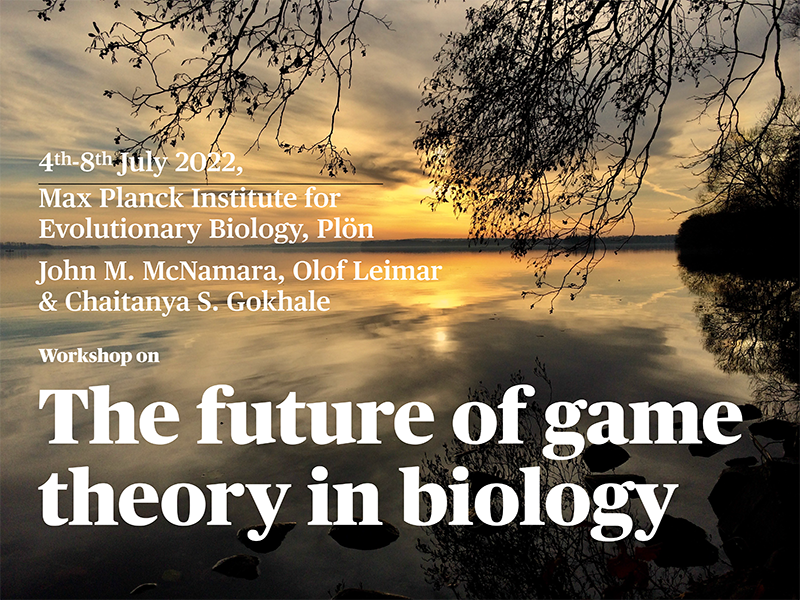Classical game theory has trained our intuition about important aspect of social interactions, making it possible to recognize general structures of games played out in complex natural settings. Moving beyond the basic models, we appreciate that games are dynamic in nature, cost and benefits are inherently linked to local interactions, and animal responses are based on previous experiences and...
There is well-established theory exploring the conditions in which phenotypic plasticity is favoured by natural selection over non-plastic development. However, most of this work has assumed a two-stage life history: organisms sample a cue, or they don’t sample, relying instead on inherited information; and then develop a phenotype, either instantaneously or after a time lag. Recent modeling...

